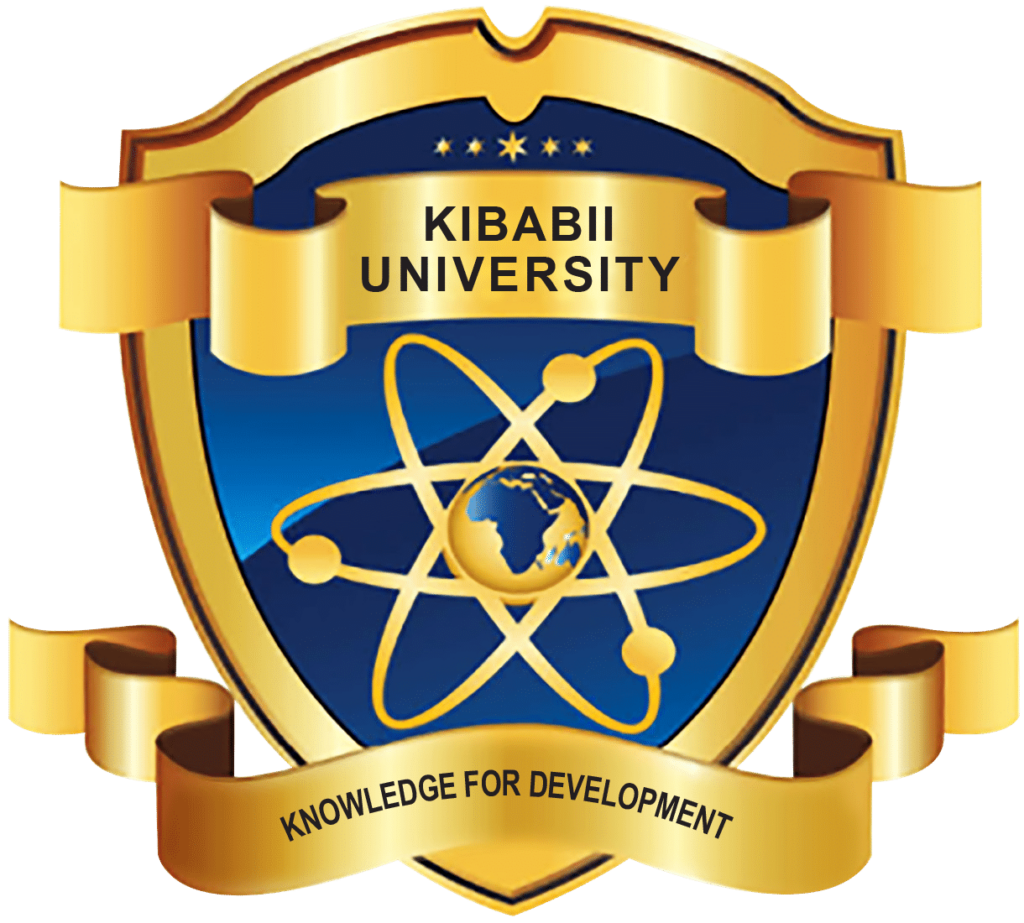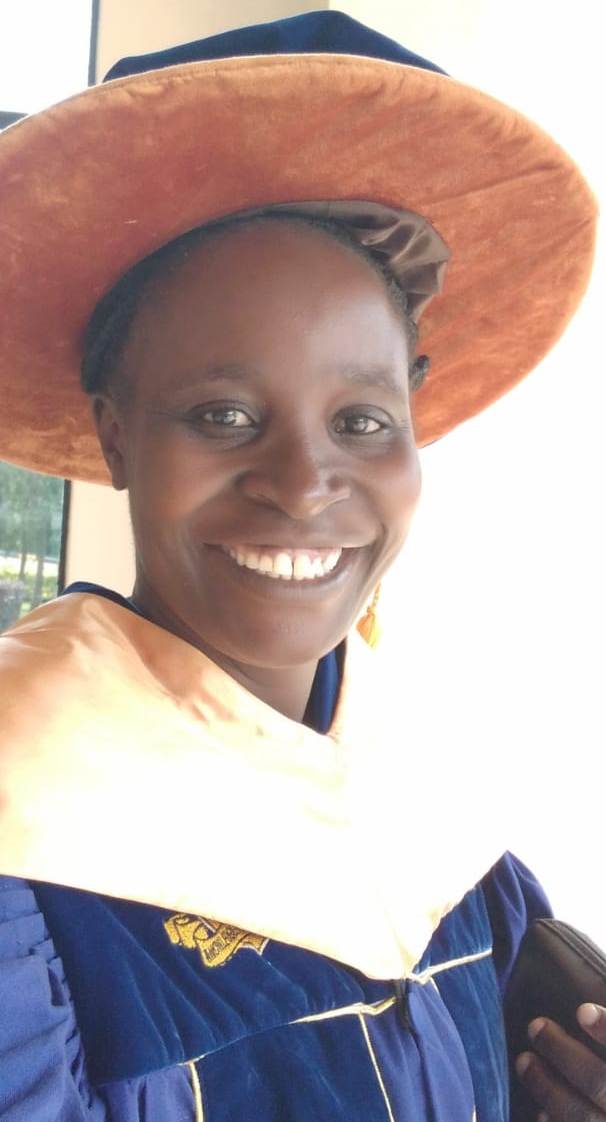The Faculty of Arts & Social Sciences is happy to spread its wings as its members get recognized both locally and internationally. Dr. Nelly Nambande Masayi a lecturer in Geography in the Department of Social Sciences is one of the members of the Faculty who got recognized for her impeccable scholarly work by getting a Post-Doctoral offer from the University of Nairobi.
Dr. Masayi who is a specialist in Climate Change and Biodiversity Conservation won this chance to be attached at the Institute of Climate Change and her work will be on Nature Based Solutions to Combat Climate Change in the Savannahs of East Africa for a period of two years. The Vice-Chancellor of Kibabii University in his release letter congratulated Dr. Masayi on her new appointment and wished her well in her scholarly endeavors. The Dean of
the Faculty of Arts and Social Sciences Dr. Ben Nyongesa on his part expressed joy at the fact that members of the Faculty are being identified at the national level for their contributions to scholarly advancements. He hoped that Dr. Masayi will bring more knowledge, skills and expertise in her field of Geography after the two years and benefit Kibabii University students more.
The African Climate and Environment Centre – Future African Savannas (AFAS) is one of eight Global Centres for Climate and Environment funded by the German Academic Exchange Service (DAAD). AFAS is hosted conjointly at the University of Nairobi (UoN), within its Institute for Climate Change and Adaptation (ICCA) in Kenya and the Université Félix Houphouët-Boigny (UFHB) with its African Centre of Excellence on Climate Change, Biodiversity and Sustainable Agriculture (CEA-CCBAD) in Côte d’Ivoire. The lead partner in the consortium is Center for Development Research (ZEF), University of Bonn, Germany, and the other partner is the Global South Studies Center, University of Cologne, Germany.
AFAS aims to address the urgent need to develop sound and robust evidence-based and science-backed strategies to preserve and protect the fragile environments of the West and East African Savannas against the combined threats of extensive and diverse land use and rapid climate change. It focusses on addressing societal needs and business opportunities and to develop both social-ecological resilience and human capacities to overcome the barriers to the implementation of innovative approaches on climate change adaptation and biodiversity conservation and to produce scientific outcomes that are relevant to policy and practice and implementable for the public and private sectors. AFAS particularly complements the already existing expertise in the regions with a new and innovative component on the Science-Policy-Practice Interfaces to co-produce capacity development and research outputs that are relevant to policy and practice and implementable for the public and private sectors.


